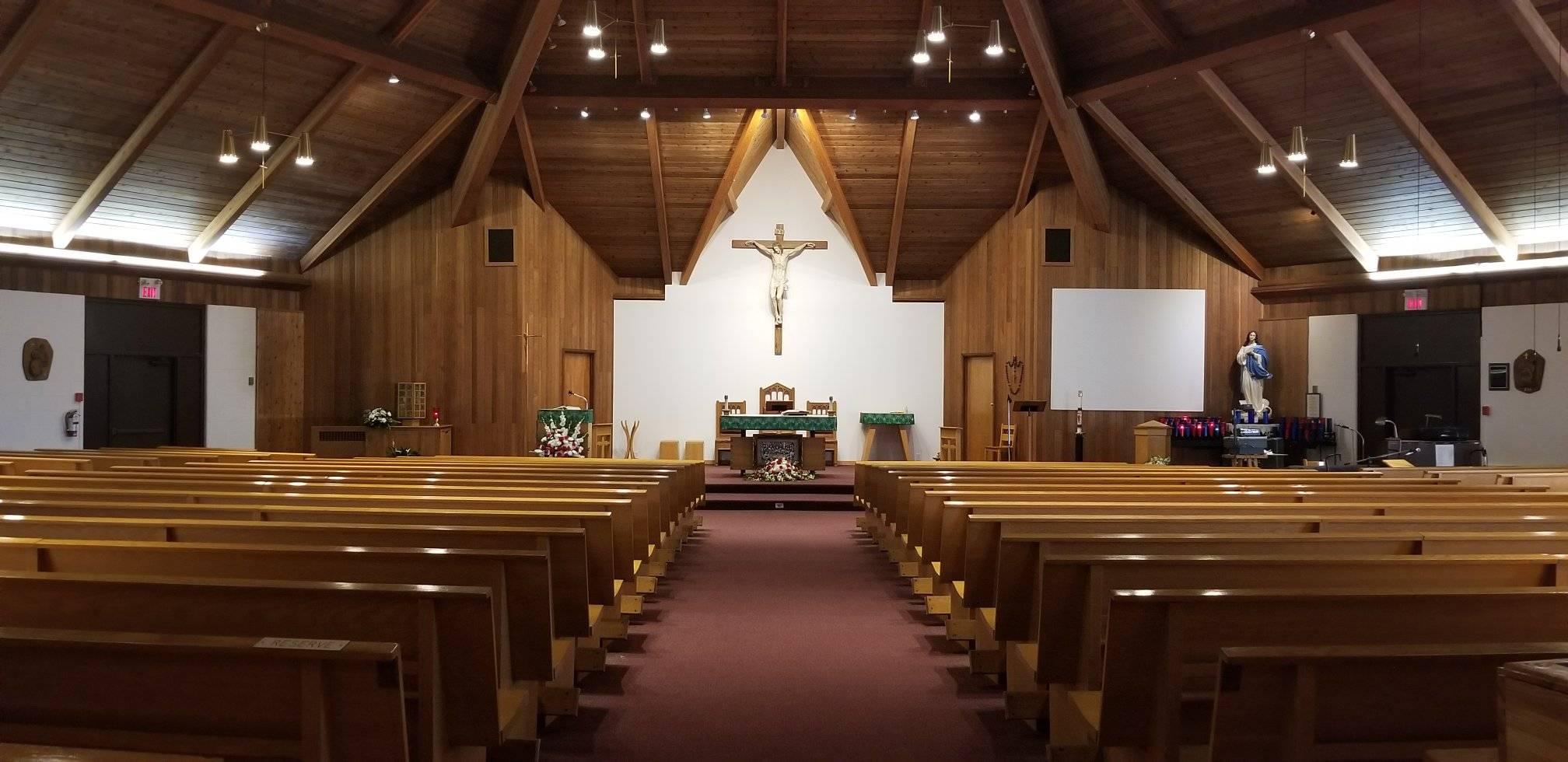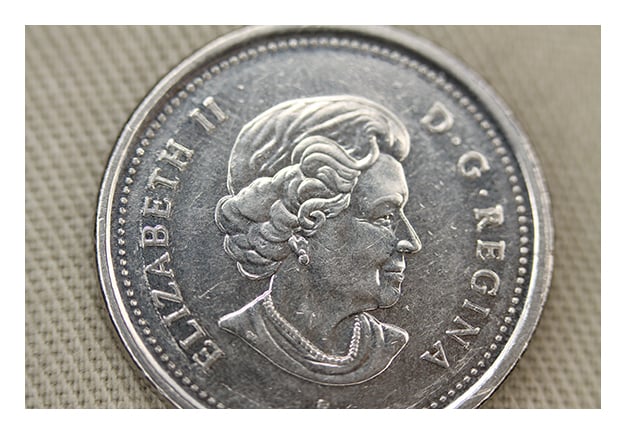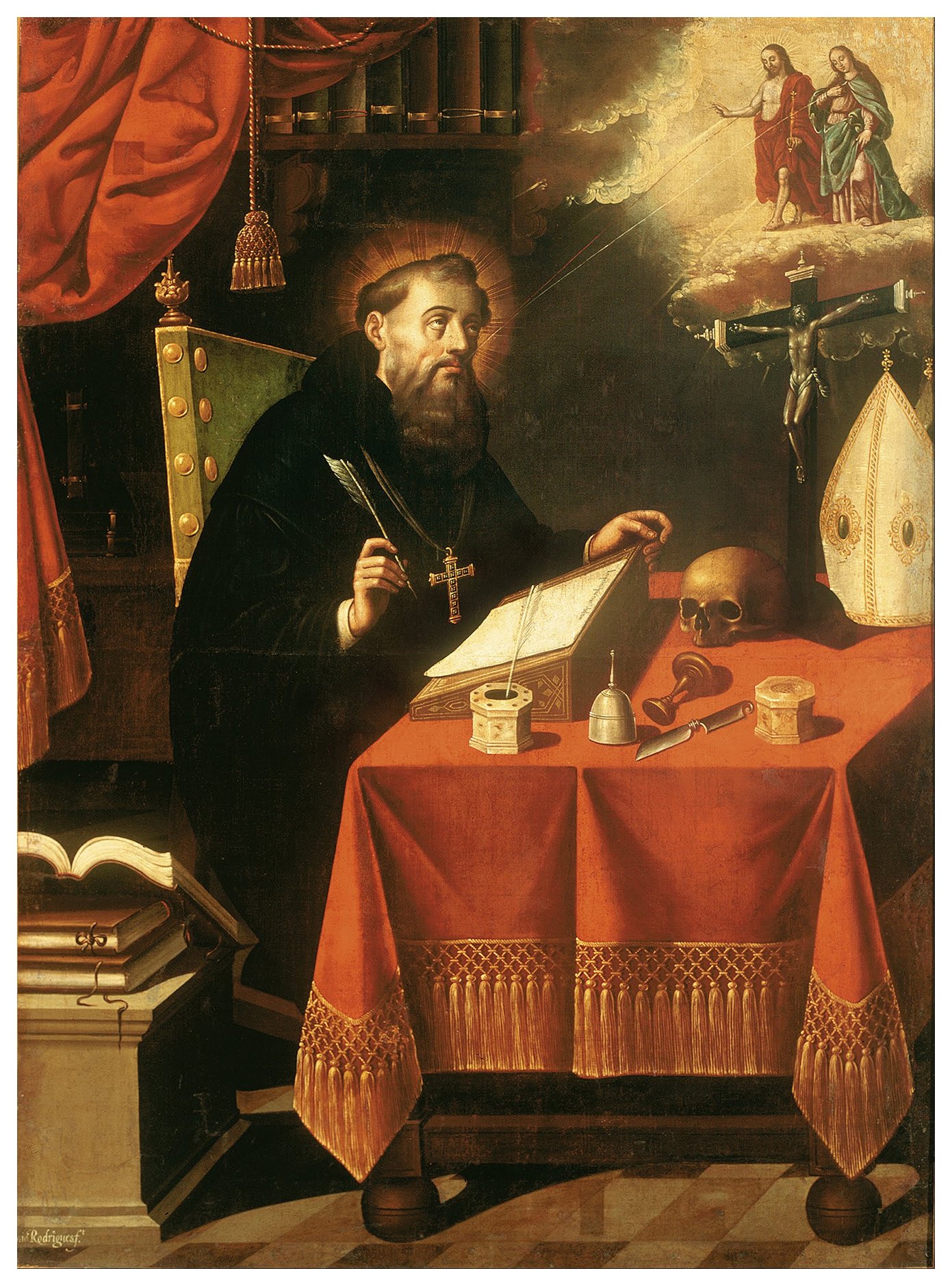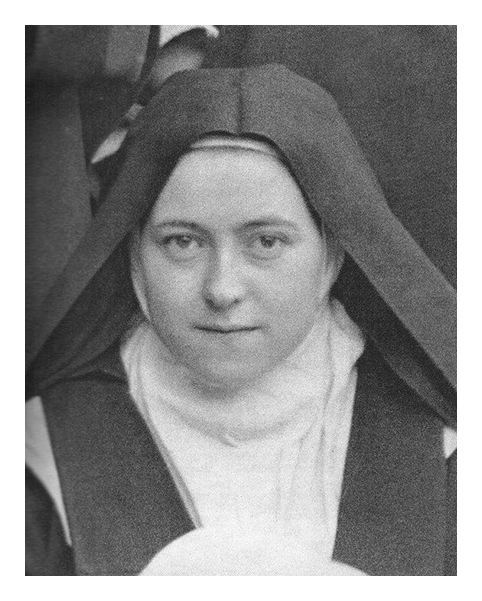
Render Unto Caesar What Belongs to Caesar and to God What Belongs to God
This reflection based on the readings for the Twenty-ninth Sunday in Ordinary Time- Year A: Isaiah 45: 1, 4-6; Psalm 96; 1 Thessalonians 1: 1-5; and Matthew 22: 15-21.
As we hear in the Gospel this Sunday, Jesus asking those who question Him if they should pay the tax about whose image they find on the coin, I thought I would like to begin today’s message by reflecting on why we have the images of leaders on our coins. In the case of our Canadian coins, we have the image of Queen Elizabeth.  Coins in Canada are stamped with her image with her name and in Latin it states, “D. G. Regina,” which means “Dei Gratia Regina,” or by the “Grace of God Queen.” The reason why the name of a nation’s king or queen appears on a coin is to state that they back up its value. When someone presents the money with his or her name upon it, that leader, or his or her government, will back up its value. In case of Canadian money, it means that ultimately the Government of Canada will back up its value when someone seeks to redeem it.
Coins in Canada are stamped with her image with her name and in Latin it states, “D. G. Regina,” which means “Dei Gratia Regina,” or by the “Grace of God Queen.” The reason why the name of a nation’s king or queen appears on a coin is to state that they back up its value. When someone presents the money with his or her name upon it, that leader, or his or her government, will back up its value. In case of Canadian money, it means that ultimately the Government of Canada will back up its value when someone seeks to redeem it.
When St. Augustine preached on this Sunday’s Gospel, he wanted to emphasize not the image that we find on a coin, but where we find God’s image. In this regard he wrote in his homily on this Gospel:
“In the same way as Caesar looks for his image on a coin, God looks for his in your soul. ‘Give back to Caesar what is Caesar’s,’ the Savior says. What does Caesar demand from you? His image. But Caesar’s image is on a coin, whereas God’s is in you. If the loss of a coin causes you to weep because you have lost Caesar’s image, would not any damage brought in you to God’s image be for you a cause for tears” (From a homily by St. Augustine).

St. Augustine challenged his listeners to think a little bit about what it means for them to bear God’s image. I would like to do the same.
The fact that you and I bear God’s image, as a coin bears the image of the ruler who backs it up, means that God Himself wishes ensure our value and secure our redemption. This fact should make us take very seriously our own value and that of our brothers and sisters who make up all of humanity. Each one of us has great value. We should take our redemption and that of others seriously. The things that God invites us to do for our own salvation ought to be of the greatest priority for us. The way in which we love others also ought to reflect the great value that each human being, made in the image and likeness of God, has.
Last Sunday, Pope Francis wrote a beautiful letter on the confidence in the love of God that we all are called to have, entitled "C’est la Confiance," based on the writings of St. Theresa of Lesieux. She wrote in this regard: “It is confidence and nothing but confidence that must lead us to love.” The basic message of this letter is that because God has loved us and made us, our value has already been bestowed upon us. It is by recognizing our God given value that we are set free to live and love as we were created to do. It is because of our failure to recognize our God given value that we can allow ourselves to be enslaved to things and the opinions of others. When we do not recognize our God given value, we are always concerned about what others think about us, checking our bank balances, and are concerned to increase our value by accumulating more things, degrees or titles. In the end, none of these matter. What counts is how we respect God’s image within us and allow it to be claimed as our ultimate good.
So what does that mean, practically?
If that which makes us valuable and lovable is God’s imagewithin us, how does that impact on the way we are called to live and love?
What I think it means is that we are called to live as authentically as we can that image of God that is within us.

For the Christian it means living as much like Christ as we are able to do. Jesus is the way, the truth and the life. By following the example of Jesus, we are redeemed and given eternal life. When Jesus says to us today in the Gospel, “Render unto God what belongs to God,” He is saying something pretty radical to you and I who are made in the image and likeness of God: Jesus is inviting us to follow Him.
When we come to the Eucharist, Jesus gives us the best example of how to live and love. Pope Francis speaks in his recent letter, “C’est la Confiance,” about the way in which St. Theresa gave herself generously to the very normal and small tasks that presented themselves to her in her life and daily routine. St. Theresa received Christ in the Eucharist, so that she could imitate Christ in her life. That is what our Christian life is all about. We come to Mass to receive Christ in the Eucharist so that God’s image within us might be nourished and we might imitate Jesus.
When I think about a coin with Caesar’s image on it, it occurs to me that Caesar is dead and the Roman Empire has passed away. Even the good Queen whose image appears on our coins has passed away. I don’t know if there will be a Canadian Government in one thousand years, or a whole new system of government. As a Christian, the only thing that I do believe is that God will not pass away and because we bear His image on our souls, we too are called to eternal life. Respecting and protecting this image of God on our souls ought to be our greatest concern in life. Because of that, I would like to conclude by sharing St. Augustine’s words once again:
“In the same way as Caesar looks for his image on a coin, God looks for his in your soul. “Give back to Caesar what is Caesar’s,’ the Savior says. What does Caesar demand from you? His image. But Caesar’s image is on a coin, whereas God’s is in you. If the loss of a coin causes you to weep because you have lost Caesar’s image, would not any damage brought in you to God’s image be for you a cause for tears” (From a homily by St. Augustine).
May the Lord give all of us the grace to allow His image within us to shine brightly.
Fr. Michael McGourty is Pastor of St. Peter’s Church in downtown Toronto.
